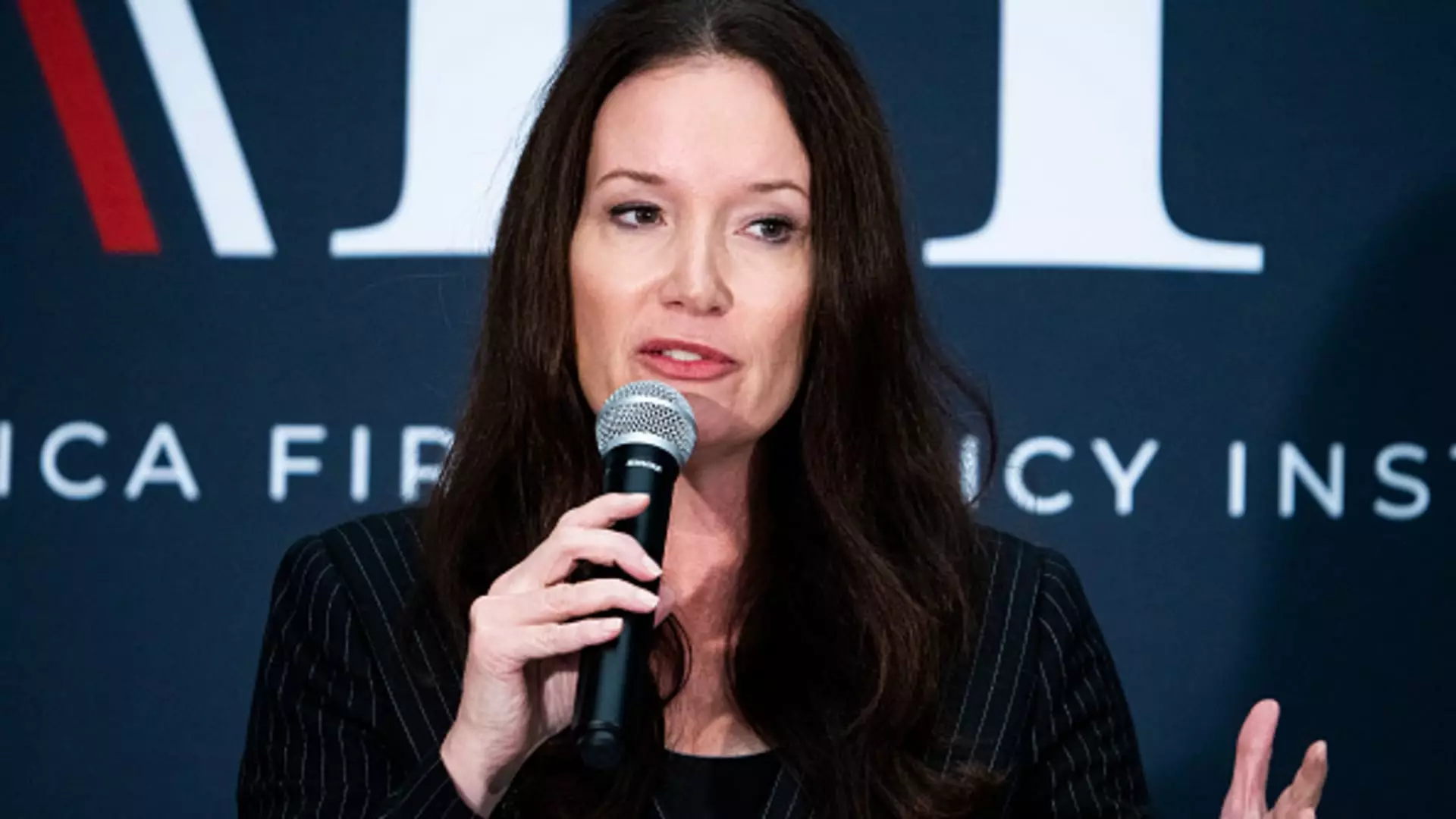As the United States navigates the complexities of agricultural policy and food security, the appointment of Brooke Rollins as Agriculture Secretary by President-elect Donald Trump marks a significant shift in direction. Rollins, currently the president of the America First Policy Institute, is poised to take charge of the Department of Agriculture—an agency with extensive responsibilities affecting the livelihoods of American farmers and the wellbeing of consumers across the nation.
Understanding the Role of Agriculture Secretary
The Secretary of Agriculture oversees a colossal entity with a workforce of approximately 100,000 employees and a staggering budget of $437.2 billion for the fiscal year 2024. This position is not merely administrative; it significantly influences both rural and urban America. From managing farm and nutrition programs to overseeing food safety and agricultural research, the Secretary’s role encompasses crucial aspects that affect every American’s diet and economic circumstances. Furthermore, decisions made at the Department can shape trade relationships, particularly in light of upcoming renegotiations of the U.S.-Mexico-Canada trade agreement.
Rollins’ affiliation with the America First Policy Institute—a think tank that closely aligns with Trump’s nationalist perspective—signals a probable continuation of policies aimed at prioritizing American farmers and domestic agricultural strengths. Trump’s assertion that Rollins is dedicated to defending American food self-sufficiency aligns with growing concerns about dependency on foreign agricultural imports. Her potential focus on supporting agriculture-dependent small towns may foster initiatives aimed at revitalizing rural America, which has faced economic challenges in recent years.
As Agriculture Secretary, Rollins will face immediate challenges related to trade, particularly as the administration seeks to renegotiate the terms of trade agreements affected by various diplomatic friction. Issues such as Mexico’s resistance to importing genetically modified corn and disputes over Canada’s dairy quotas will call for astute negotiation skills. Moreover, Rollins will likely play a critical role in determining policies related to biofuels, especially as sustainable practices become an increasing priority.
Trump’s intent to implement tariffs further complicates the agricultural landscape, especially given the sector’s sensitivity to trade policies. The potential repercussions of such tariffs could significantly alter profitability for American farmers, making Rollins’ decisions vital for their financial stability.
Brooke Rollins’ nomination as Agriculture Secretary may herald a transformative era for U.S. agricultural policy. With a firm foundation in initiatives that emphasize domestic agriculture and the interests of American farmers, she embodies the administration’s ethos. However, the complexities of her role—particularly in trade negotiations and regulatory decisions—suggest a contentious journey ahead. The impact of her leadership will resonate throughout the agricultural sector and beyond, as the stakes are undeniably high for both farmers and consumers in the evolving economic landscape.


Leave a Reply